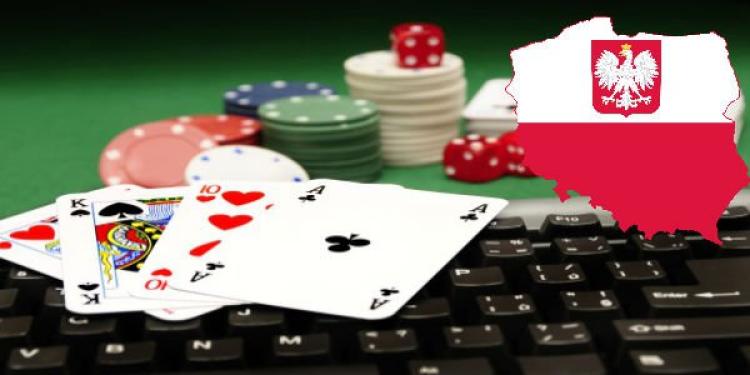Gambling monopolies in the EU: the case of Poland (Part 2)
Posted: February 22, 2017
Updated: October 6, 2017

The gambling laws in Poland 2017 are one of the most discouraging in the European Union concerning foreign investments in the online gambling sphere.
In our previous article on the gambling monopolies in Europe GamingZion has already pointed out to the specificity of the Polish gambling sphere, the basic statistics related to the Polish market as well as the regulatory bodies responsible for the legal working of the Polish market. This time we will reveal the new tendencies in the Polish gambling legislative on force in 2017, as well as the advantages and disadvantages they bring for the Polish gambling providers and costumers.
Gambling laws in Poland 2017
The current Polish regulations especially for online gambling can be considered as one of the most restrictive in the European Union. Online casinos, online poker, online betting and online bingo are all highly monopolized. Poland is also one of the countries with highest turnover tax rate of 12% that is applied directly to the bets and stakes made by the players.
• The new Polish gambling legislative 2017 actively engages in blocking non-licensed sites
• The policies introduced put the costumers in a disadvantaged position
• The taxes collected from gambling are expected to have only a marginal increase in 2017
The new gambling laws in Poland 2017 also propose active blocking of access to non-licensed websites in the country by the providers of internet services themselves as well as setting a ban for paying to providers who offer some gambling services on blacklisted websites. Additionally, as online gambling sites in EU report, online betting operators will be required to publish responsible gambling rules meeting the requirements set forth in the new law.
What the Polish players loose and why the foreign companies leave the country?
According to researches made on online gambling participants the most paradigmatic indicators for choosing to play at one rather than another betting operator are the high of the odds and the bonuses for customers. The Polish gambling laws 2017 makes these two indicators practically invisible.
The Polish gambling audience is first of all well aware of the odds that foreign licensed operators offer, beside the restriction of foreign sites promotions. Second, the 12% turnover tax , as gambling news report, is directly subtracting 12% from the player stakes and automatically decreases the basis to which the odds are applied, which gives as a result lower returns (the total amount back) and even lower winnings to the players in Poland. If we translate this into odds and percentages we have a case where for instance bets with odds of 1.50, 2.00 and 4.00, made on non-Polish licensed websites sites, will have 42%, 32% and 19% higher wins than on Polish licensed sites.
What is the aim of the Polish government and can it be achieved with the current policy?
With the Polish gambling act amendments 2017 the government aims at achieving three objectives: increasing the protection of the players; reduce the grey market by collecting up to 70% of the revenues that so far went to the offshore market from the country; and increase the tax revenues due to the greater betting turnover made through locally licensed operators.
However, we find the means that the Polish government wants to implement for meeting these objectives to be in a discrepancy with them or at least not to be sufficient to achieve them. On the other side the measures of the new Polish Gambling Law 2017 have a profound negative effect on the development of market freedoms in the gambling sphere.
The blocking of the websites of non-licensed operators in the country has already been proved to be completely ineffective and on the other side to increase the negative image of a country’s legislation. As it is already well known there are multiple simple ways to bypass the DNS blockage. Concerning the “blacklisting” of foreign sites we are also presented with an ineffective measure which on the other side speaks much about the supposed Internet freedoms of the country that does the list.
Foreign operators usually in cases of blacklisting change the name of the gaming site in a minute after being set on a blacklist with links to the site being updated live. So we have again an ineffective measure for protecting domestic offer on force. Lastly, as online gambling sites in Poland stress some countries such as Norway who introduced payment blocking have already proved that this measure can also be bypassed. Whether the new Polish gambling law 2017 will confirm these cases is something we will find out from the first statistics on the gambling market performance in Poland in early 2018. Meanwhile, we can only see, how the gambling monopoly in Poland marks its golden epoch.












